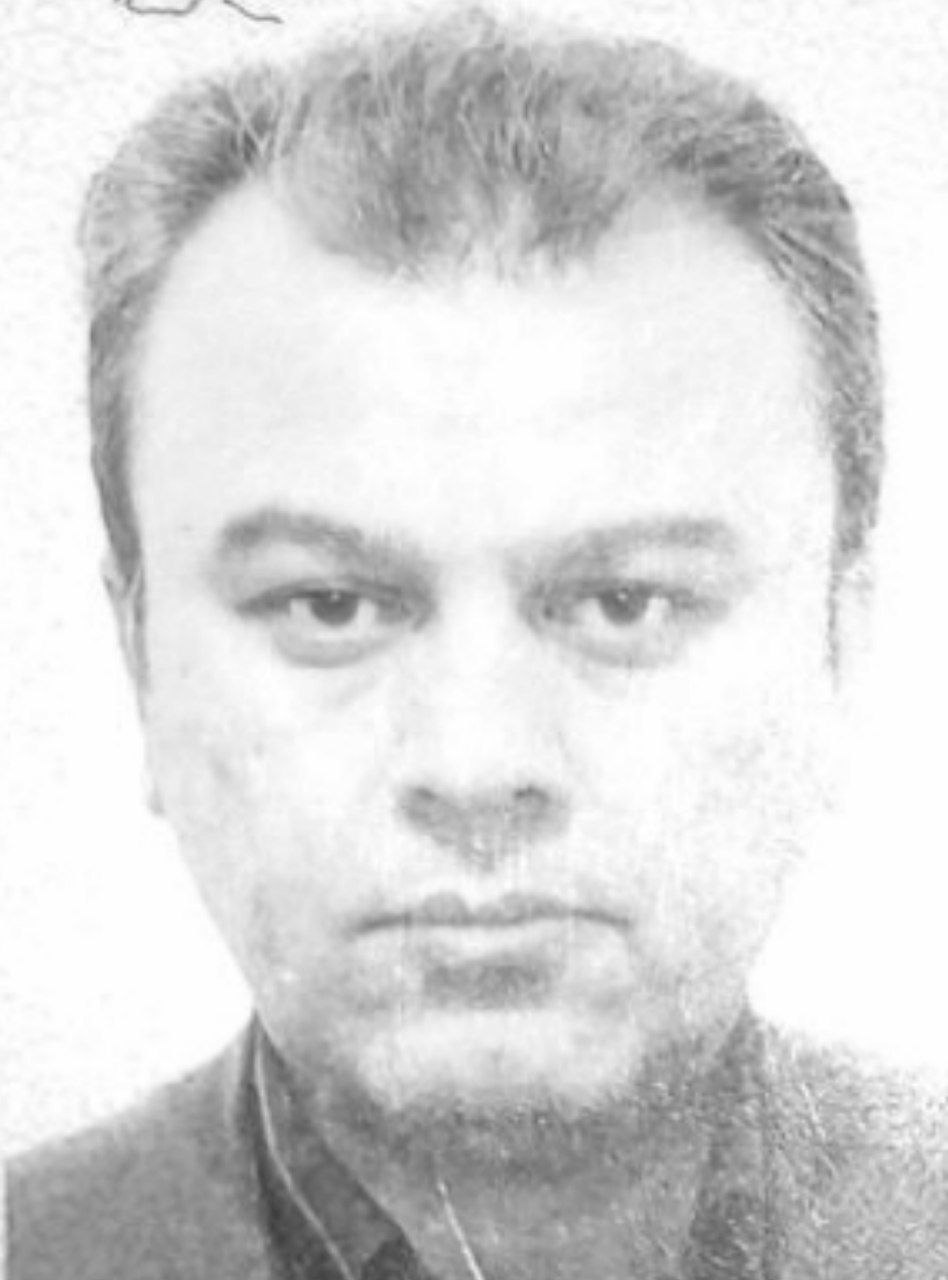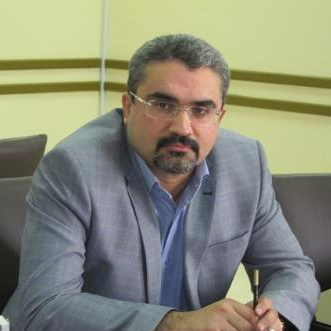Comparison of the Effectiveness of Emotionally Focused Couple Therapy Based on Attachment Injury Model and Acceptance and Commitment Therapy on Positive Feelings Toward Spouse and Withdrawal from Divorce
Keywords:
Emotionally Focused Couple Therapy, Acceptance and Commitment Therapy, Positive Feelings Toward Spouse, Withdrawal from Divorce, Marital Infidelity , Working WomenAbstract
Objective: This study aimed to compare the effectiveness of Emotionally Focused Couple
Therapy based on the Attachment Injury Model and Acceptance and Commitment Therapy
(ACT) on positive feelings toward the spouse and withdrawal from divorce in working women in the healthcare sector affected by marital infidelity in Lorestan Province during the COVID19 pandemic.
Methods and Materials: This quasi-experimental study was conducted using a pre-test and post-test design with control and experimental groups. The statistical population included working women in the healthcare sector of Lorestan Province who had sought counseling due to their spouse's marital infidelity during the COVID-19 period. Thirty women were randomly divided into three groups: Emotionally Focused Couple Therapy, ACT, and a control group. Data collection tools included the Positive Feelings Toward Spouse Questionnaire and the Roselt Divorce Desire Questionnaire. The therapeutic interventions were conducted over eight 90-minute sessions across two months.
Findings: The results indicated that both approaches, Emotionally Focused Couple Therapy and ACT, significantly increased positive feelings toward the spouse and reduced the desire for divorce compared to the control group. Emotionally Focused Couple Therapy relatively showed more effectiveness in enhancing positive feelings toward the spouse. Repeated measures ANOVA indicated significant differences between groups and interactive effects of time and group.
Conclusion: The present study demonstrated that both therapeutic approaches, Emotionally Focused Couple Therapy and ACT, can effectively improve positive feelings toward the spouse and reduce the desire for divorce in working women in the healthcare sector affected by marital infidelity. These findings can aid counselors and therapists in providing more effective interventions and facilitate the improvement of quality of life and marital relationships.




























